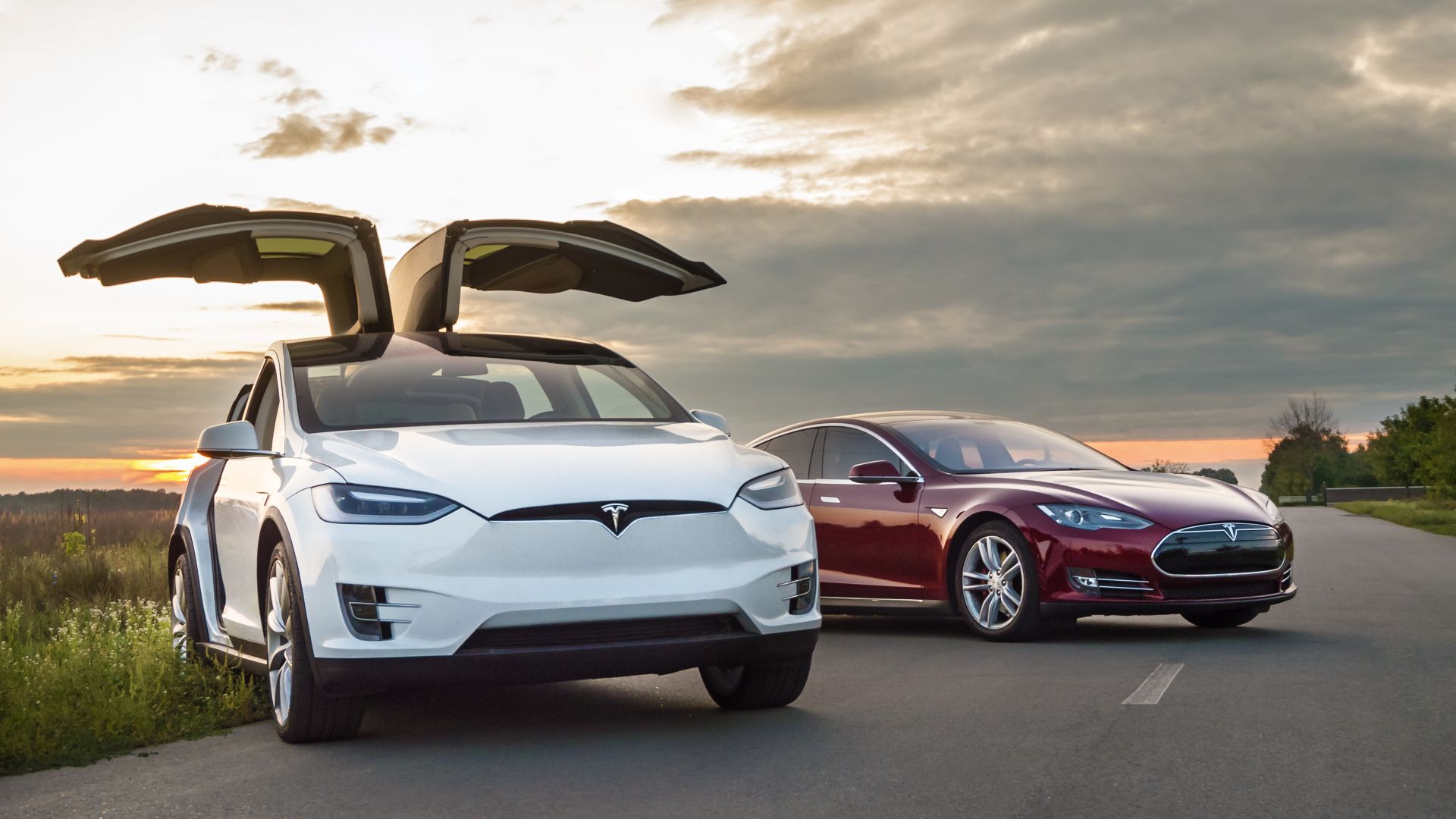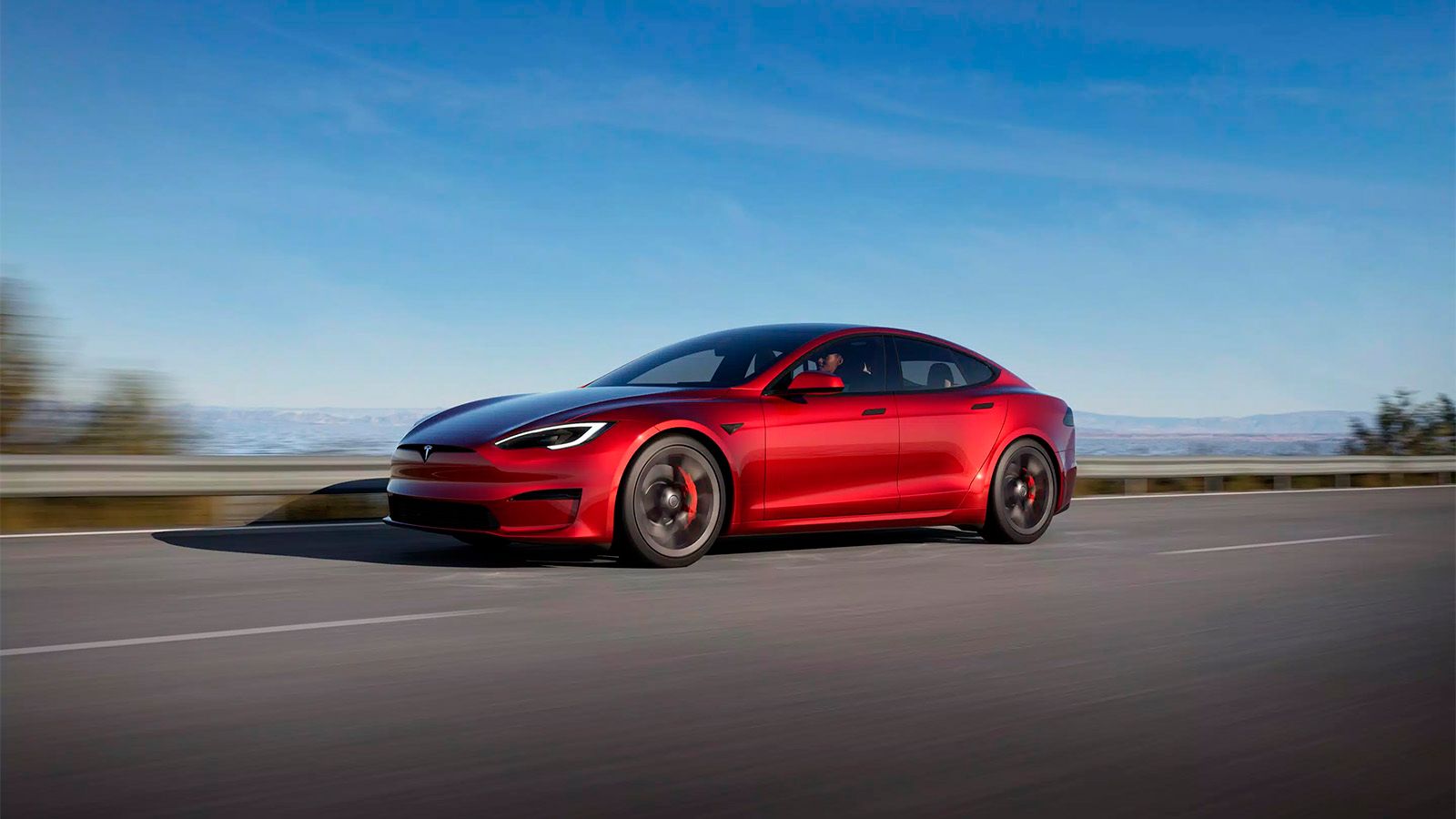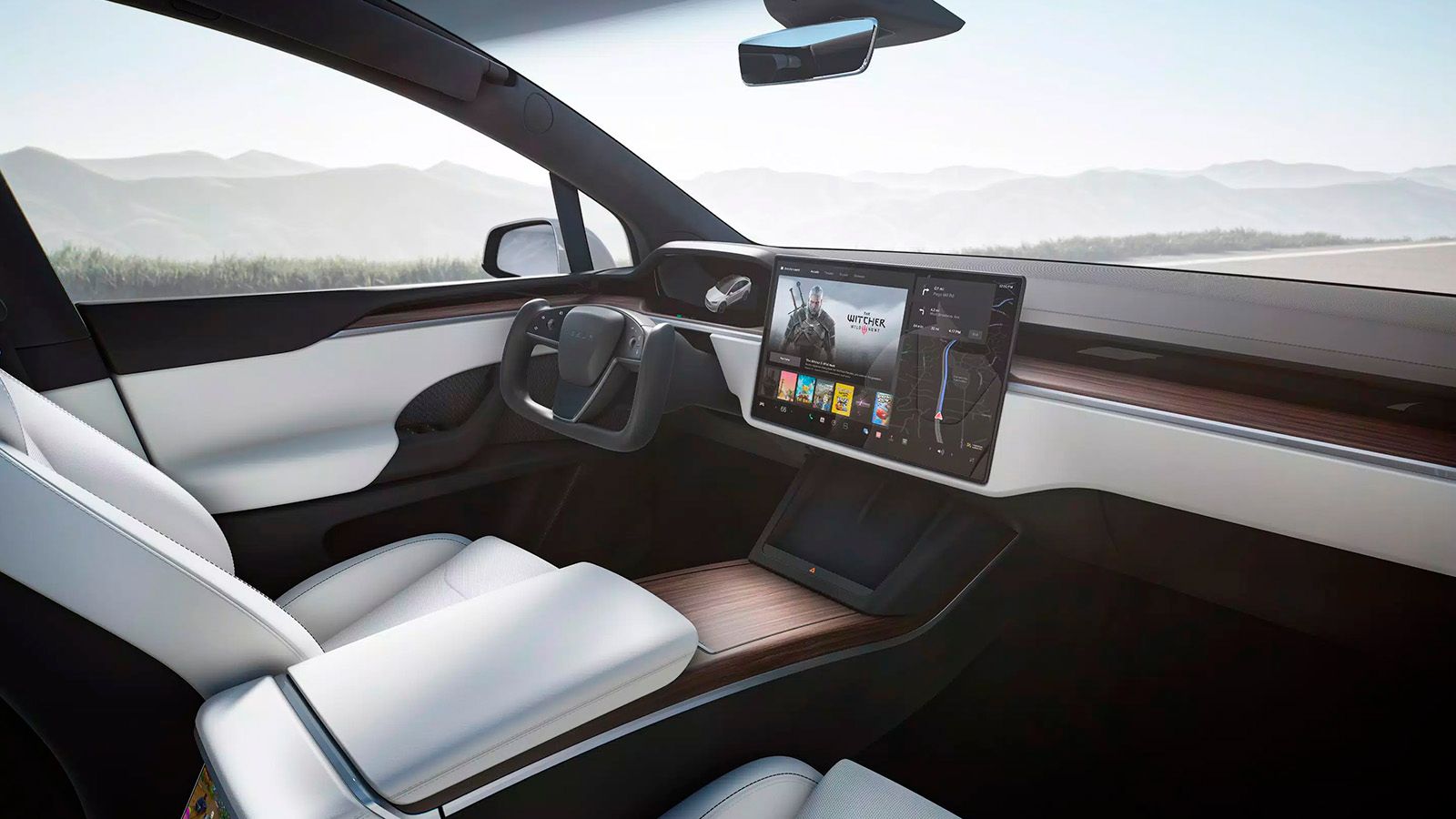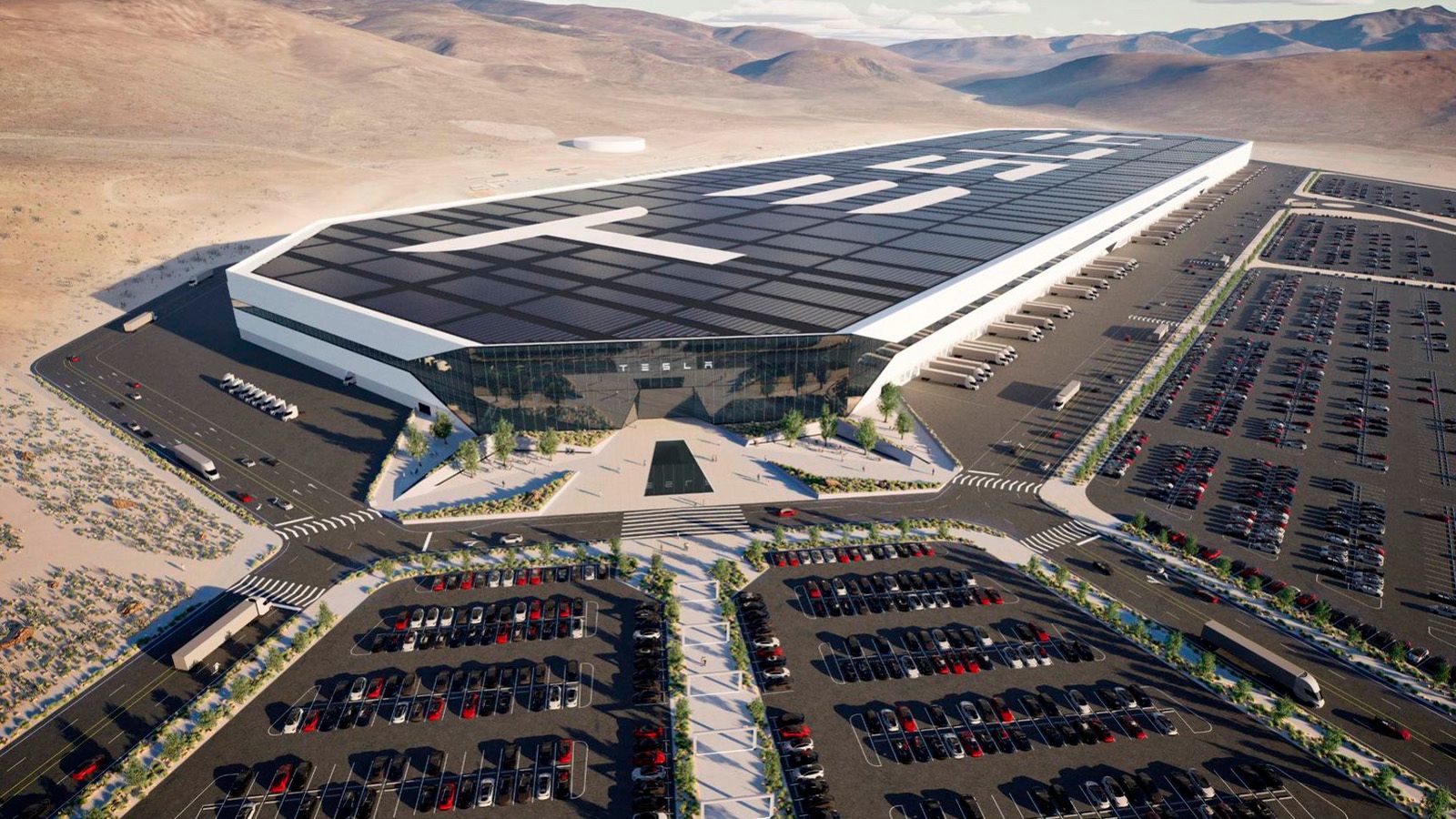In recent years, Tesla has been a dominant player in the electric vehicle (EV) market, with its sleek designs and cutting-edge technology capturing consumers' attention worldwide. However, there are indications that this dominance might end, with other automakers catching up in innovation, market share, and affordable price tags. One major factor that could contribute to Tesla's decline is increased competition from traditional automakers, which are now investing heavily in EV technology. Cars like the Ford Mustang Mach-E, an all-electric SUV received positively by consumers and critics alike, or the Chevy Bolt, an affordable EV with impressive performance and features, are giving Tesla a run for its money.
Another issue contributing to Tesla's potential decline is supply chain and production problems related to the underutilization of their factories. In addition, the company has been struggling with shortages of critical components, particularly semiconductors, which have slowed production and delayed delivery of vehicles to customers. This creates frustration among Tesla fans and may contribute to declining customer loyalty.
Growing Fierce Competition Is The Major Factor
Although Tesla continues to dominate U.S. electric vehicle registrations, the company is beginning to lose market share as more competitors appear, with a market share of only 65-percent for new EV sales, down from 79-percent in 2020. It may fall to 20-percent by 2025. Moreover, Tesla is losing market share mostly to EVs with MSRPs below $50,000 that are more affordable, a market in which Tesla still needs to be genuinely competitive. Currently, EVs are usually bought at higher price ranges, mainly because the luxury EV brand continues to rule the market. 340,000 of the more than 525,000 EVs purchased in the first nine months of 2022 were manufactured by Tesla, with the remaining distributed among 46 manufacturers.
However, new players in the EV landscape, both startups and established automakers, are aggressively pledging to produce millions of all-electric vehicles over the next few years, posing substantial threats to Tesla's hegemony for instance, Volkswagen with its ID.7. Chevrolet has also concentrated swiftly on introducing new EV models at competitive pricing points such as the Equinox EV to attract customers who may have yet to consider purchasing an electric vehicle. Additionally, California recently passed a law requiring that by 2035, all new light trucks and automobiles sold there be emissions-free, which will force all car manufacturers to offer more electrified models.
Tesla's Focus On Luxury Is Contributing To The Brand's Decline
The electric vehicle market has been dominated by Tesla for years, but that is quickly changing. One of the critical factors that has allowed Tesla to dominate the EV market is its early entry into the market. As a result, Tesla was one of the first companies to develop electric (yet expensive) vehicles capable of competing with traditional gasoline-powered cars. And even though we can still list several reasons why you should buy a Tesla, it's no secret that the company's edge is fading away as more companies enter the market.
Tesla's focus on luxury vehicles with high MSRPs is one of the main factors contributing to the brand's decline. While Tesla's electric cars are undoubtedly stylish and luxurious, they are too expensive for the average working man. This has made it difficult for the company to reach a wider audience, particularly as other manufacturers are starting to offer more affordable electric vehicles. Given Tesla's lack of price competitiveness, CEO Elon Musk announced in late 2022 that the company is developing a less expensive, compact vehicle than the Model 3, which Tesla might have leaked design drawings recently and could cost around US$25,000 to seemingly keep up with the market growth. However, the launch date of this vehicle is still unknown.
Supply Chain Issues And Underutilization Of Its Factories Still Haunt Tesla
Although Tesla isn't the only EV manufacturer facing severe supply chain snags since brands like Rivian and Ford have also expressed supply chain pain, it seems Tesla is taking the biggest hit. In an interview in June 2022, Elon Musk said that electric-car battery shortages and supply-chain disruptions cost Tesla billions of dollars. "Both Berlin and Austin factories are gigantic money furnaces right now." "It's really like a giant roaring sound, which is the sound of money on fire." According to a Refinitiv survey of analysts, Tesla's Q1 2023 sales and profit came in relatively close to projections. However, Tesla said its net income decreased 24-percent from $3.32 billion (or 95 cents per share) a year earlier to $2.51 billion (or 73 cents per share). The company has expressed that the "underutilization of new factories" pressures margins. Other factors, such as higher raw material and warranty costs, also decreased earnings from the previous year.
What The Future Looks Like For The Musk-led Company
Although Tesla still dominates the EV sector, with a 65-percent market share of new EV sales, that's down from 79-percent in 2020, and recent insights from S&P Global Mobility indicate it could drop below 20-percent by 2025. In the U.S., the EV market share increased by 2.4 points over the year in registration data for 2022, according to the report. They have now registered 5.2-percent of all light car sales. Hyundai, Kia, Volkswagen, Ford, Chevrolet, and Nissan are some of the rivals with lower pricing points. In addition, Mercedes-Benz, BMW, Audi, Polestar, Lucid, and Rivian are a few of the growing competitors posing a threat to Tesla in the luxury EV market. Still, Tesla has confirmed three EVs in the pipeline, including a van and bus, and the production of the Cybertruck, which had been delayed several times.
Recently, investors worried that Tesla CEO Elon Musk could have to sell shares to pay for his $21 billion equity contribution to his $44 billion acquisition of Twitter Inc., which caused Tesla to lose $126 billion in value on April 25, 2023. Although Tesla is not a party to the Twitter transaction, investors have turned their attention to its stock due to Musk's reticence to publicly reveal where he is getting the money for the acquisition. The $21 billion decrease in the value of his Tesla interest due to Tuesday's 12.2-percent decline in the stock was equal to the $21 billion in cash he agreed to invest in the Twitter purchase.





